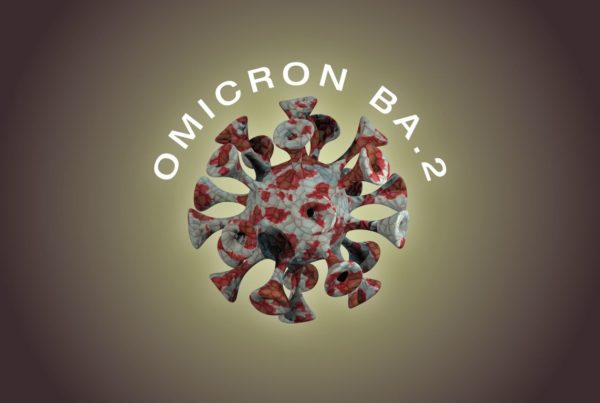The CDC updated its guidance on SARS-CoV-2 vaccine booster doses for people who are moderately or severely immunocompromised. Those individuals who received an initial 2-dose series with an mRNA vaccine (Pfizer-BioNTech or Moderna), followed by a third, or “additional,” dose after ≥28 days, may receive a fourth shot—this one considered a booster dose versus the additional dose—at least 6 months after the third dose with any available booster dose (full dose of Pfizer-BioNTech or J&J-Janssen or half dose of Moderna). The agency advised any moderately or severely immunocompromised individual who initially received a single dose of the J&J-Janssen vaccine should receive a single booster dose of any vaccine booster at least 2 months after the initial shot. Notably, if the person initially received the J&J-Janssen shot, they should not receive more than 2 vaccine doses at this time. An estimated 2% of the US population—about 9 million people—are considered to be moderately or severely immunocompromised.
Earlier this week, the HHS announced the agency is expanding its efforts to make at-home COVID-19 testing more accessible. HHS will invest $70 million to help developers move through the regulatory process and develop a plan with the FDA to streamline authorization decisions in an effort to bring more over-the-counter tests to market. At the federal level, there has been a push to increase the accessibility of at-home diagnostics ahead of the winter season. The administration of President Joe Biden announced these plans as businesses move closer to having to implement a “vaccinate-or-test mandate.” The goal of the announcements are two-fold: to increase the supply of available tests and potentially lower the price threshold which currently limits their widespread usage. The FDA has authorized several at-home test kits.
CSSE is reporting 45,840,958 positive cases in the U.S. and 743,650 deaths.



